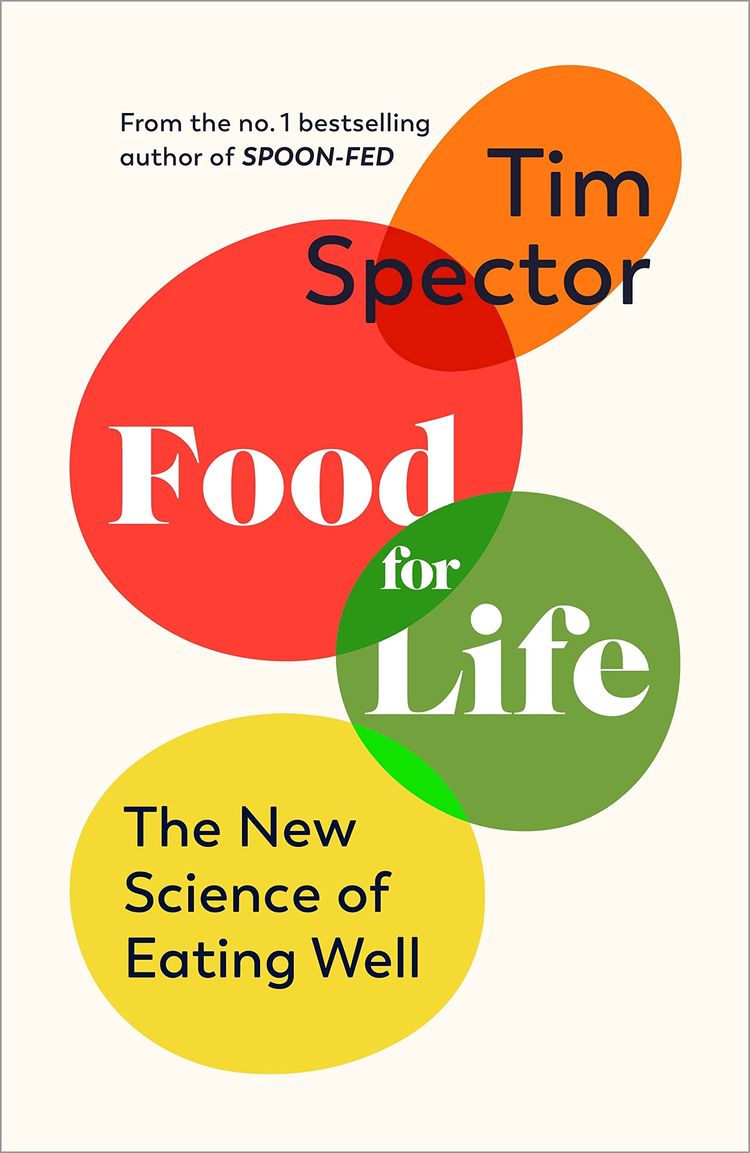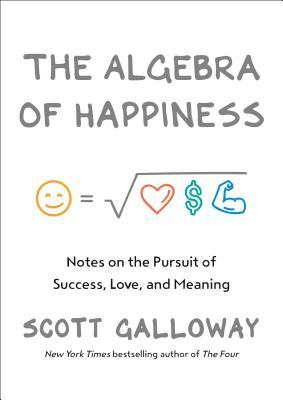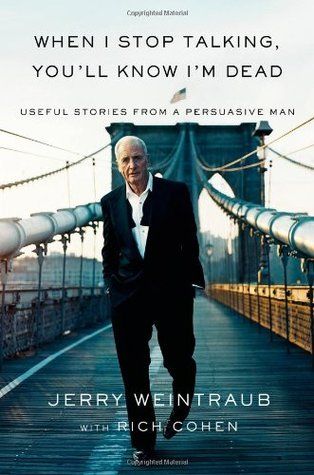No Filter by Sarah Frier
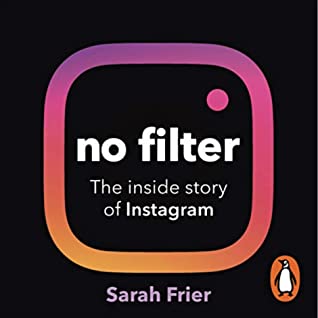
My Rating of “No Filter” by Sarah Frier: 8 / 10
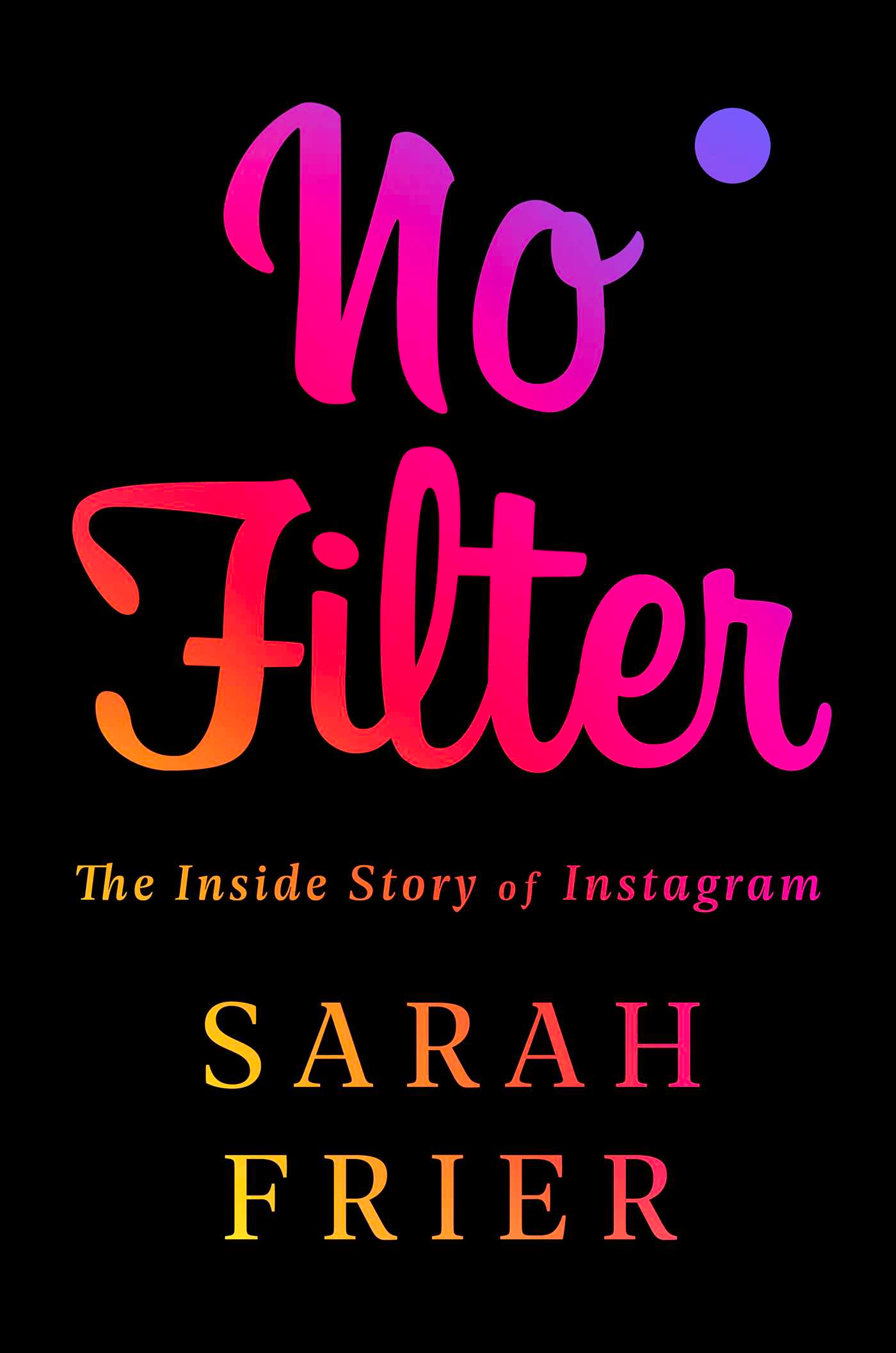
It is quite fitting to start reading a book on Instagram after just finishing a book on Facebook; albeit by two different authors. It provided a different angle and perspective on Facebook and its overachieving sibling (more on the latter part later). I liked Sarah Frier’s writing style. She tells a great story from inception of the Bourbon application (the original name used before rebranding to Instagram), the Facebook acquisition, the growth journey to the resignation of the co-founders. Although this is an Instagram story, the narrative overlaps significantly with the Facebook story. Frier brings in a lot of fire power from various anonymous people involved in the Instagram story. Although many are anonymous you can piece together who is saying what.
It was a fascinating to learn more about the inception of Instagram. It wasn’t about having the best tool or being the best photographer. The philosophy was about art and the imperfections in everything we do and represent. This was something Systrom learned in his schooling days that drove the culture of Instagram. This approach changed somewhat over time by external pressures by Facebook and ultimately its users. Given features such as filters and adjustments and other capabilities the ability to make people look perfect in the digital world as compared to mediocre in the physical world was evident. It is a sad reality of social media that Frier themes throughout the book. It is similar to what I wrote in the Facebook review by Steven Levy (my review is here). It is clear the direction of the company was on growth versus operations and/or regulation. The same can be said in this book in that growth was the all encompassing goal, until it conflicted with the greater Facebook.
So writing of growth and competition, Frier demonstrates how competitive Facebook was against Instagram. Even though they were part of the same organisation! It was clear that Zuckerberg went to many lengths in prioritising Facebook over Instagram when it came to regulation, legal issues, events, announcements, press releases, head count support and growth. One of the things she wrote metaphorically resonated with me: “Facebook buying Instagram was like putting Instagram in the microwave…. sure the food gets hotter faster however you can easily ruin the dish.” Looking at that differently, Facebook takes an extreme approach to cannibalisation of its own products. Especially when that product was Instagram. It’s a stark difference when you compare cannibalisation between the iPad and the Mac in the world of Apple.
The book finishes with the two co-founders (Systrom and Krueger) resigning from Instagram (aka Facebook Incorporated). Frier leaves the reader with two chilling quotes. The first is that at Facebook Incorporated… there is only room for one CEO. The second is that everything breaks at a billion. It’s a sad ending to a story but many lessons that I hope society will learn at some point in the future. It’s certainly a no filter approach to the Instagram’s story with more chapters in the future to come.
Three key takeaways from the book:
- People who don’t take risks work for people who do.
- Kim Kardashian has 157 million followers at the time of writing this book. And, each post earned her $1 million! Wow, that is an incredible statistic and shows the power of the influencer economy; something that Instagram has essentially created driving a $100b business through innovation.
- By the age of 25 Systrom was able to see how growth driven Facebook was, as scrappy Twitter was and how procedural and academic Google was. This helped him learn what the best intersection could be for Instagram.
